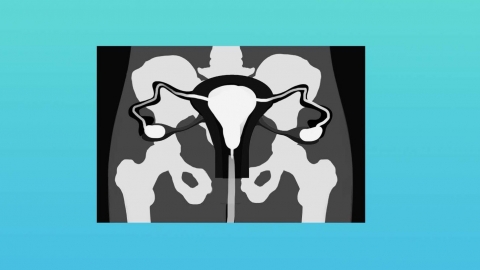Can a vaginal ultrasound detect pelvic fluid accumulation?
Transvaginal ultrasound generally refers to a vaginal ultrasound examination, which can detect pelvic effusion. It is important to perform the procedure under a doctor's guidance. If you experience any physical discomfort, it is recommended to seek medical attention at a hospital as soon as possible and follow the doctor's instructions for treatment.

Vaginal ultrasound examination is a type of ultrasound performed through the vagina. It can clearly display the internal pelvic structures, including the uterus, ovaries, fallopian tubes, and other pelvic organs, thus having the capability to detect pelvic effusion. Pelvic effusion may be caused by various factors, including physiological and pathological accumulations. Vaginal ultrasound can clearly show the presence and distribution of pelvic effusion, aiding physicians in making accurate diagnoses of pelvic diseases.
Vaginal ultrasound has advantages in detecting pelvic effusion; however, under certain specific conditions, its effectiveness may be limited. For example, when a patient has an excessively thick abdominal wall or there is a large amount of gas within the pelvis, it may affect the penetration of ultrasound waves, thereby reducing diagnostic accuracy. In addition, the operator's experience and technical proficiency can also influence the results of the transvaginal ultrasound. Doctors will consider multiple factors and, when necessary, combine other diagnostic methods to ensure the accuracy and comprehensiveness of the diagnosis.
Maintaining good personal hygiene habits and paying attention to cleanliness can help prevent pelvic diseases.





